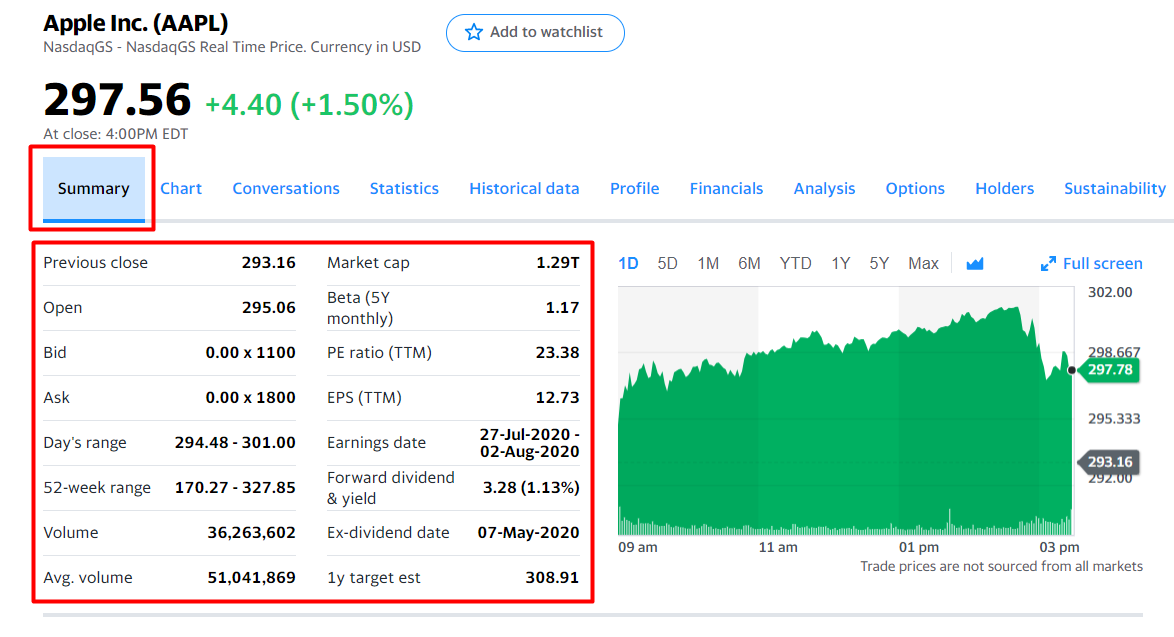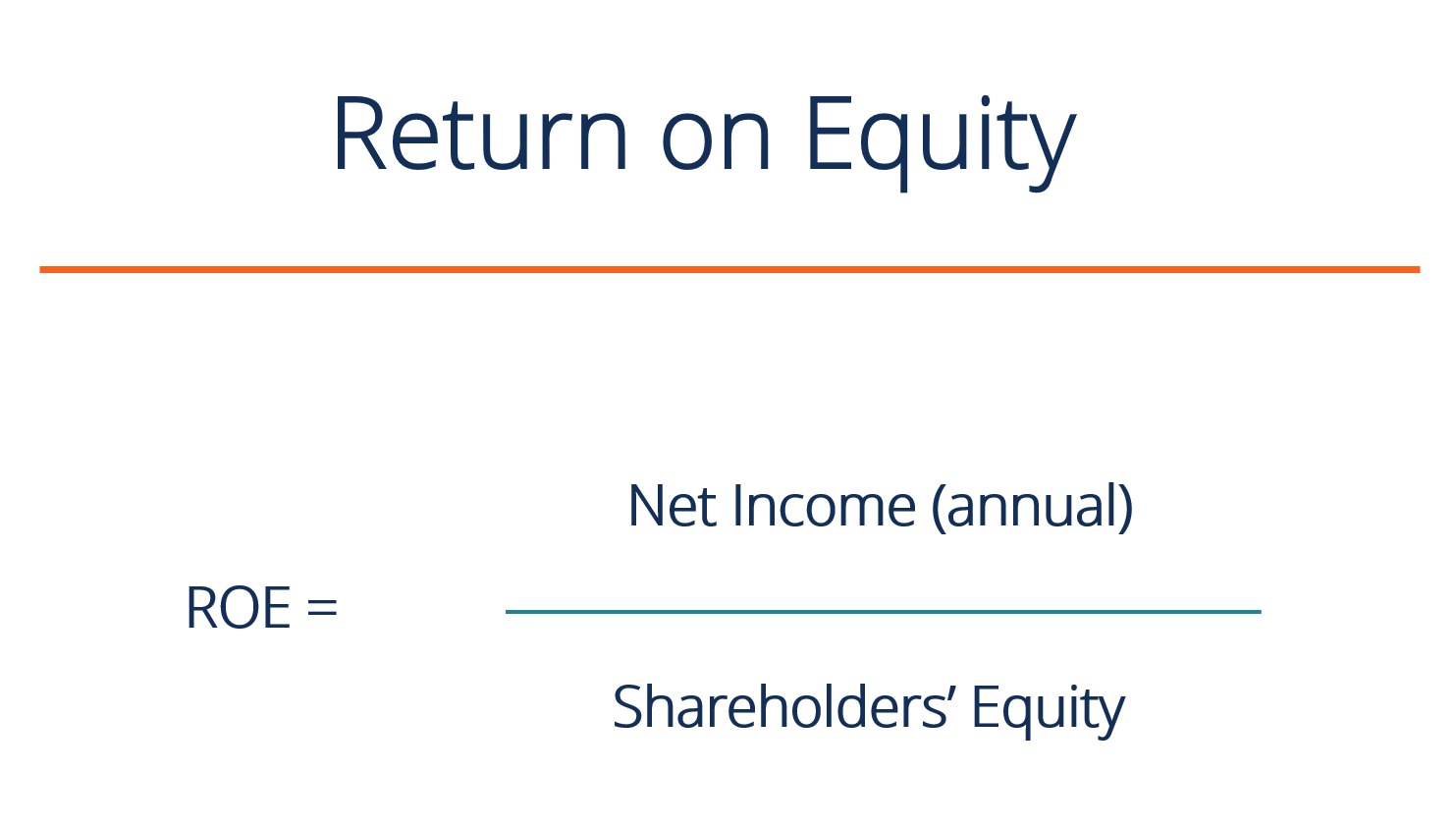For this factor, alternatives are typically thought about less dangerous than stocks (if used properly). But why would a financier use alternatives? Well, buying options is generally wagering on stocks to go up, down or to hedge a trading position in the market - what is a beta in finance. The price at which you concur to buy the hidden security by means of the option is called the "strike cost," and the charge you spend for purchasing that option agreement is called the "premium." When identifying the strike rate, you are betting that the possession (usually a stock) will go up or down in price.
There are two different kinds of alternatives - call and put options - which provide the financier the right (but not obligation) to sell or purchase securities. A call choice is an agreement that provides the financier the right to purchase a certain amount of shares (typically 100 per agreement) of a specific security or commodity at a defined cost over a particular amount of time. Nevertheless, the broad outlines are similar. Financial alternatives are used either to hedge versus dangers by purchasing contracts that will pay if something with negative financial effects happens, or because it allows traders to magnify gains while limiting disadvantage risks. Financial choices involve the threat of losing some or all of the contract price, if the market moves against the pattern anticipated, and counterparty risks, such as broker insolvency or professionals who do not satisfy their contractual commitments.
Alternatives trading can be complicated even more so than stock trading. When you buy a stock, you simply choose the number of shares you desire, and your broker fills the order at the dominating market value or a limit price you set. Trading choices requires an understanding of innovative techniques, and the process for opening a choices trading account consists of a few more steps than opening a normal financial investment account.
( Get more info Need to review puts, calls, strike rates and other options trading lingo? See our post on choices trading 101). Compared to opening a brokerage represent stock trading, opening an alternatives trading account requires bigger amounts of capital. And, given the complexity of predicting several moving parts, brokers need to know a bit more about a potential financier before granting them a permission slip to start trading options.
You'll need to provide a prospective broker: Financial investment objectives. This might include income, growth, capital conservation or speculation. Trading experience. The broker will would like to know your understanding of investing, for how long you have actually been trading stocks or alternatives, the number of trades you make each year and the size of your trades.
Have on hand your liquid net worth (or investments quickly sold for cash), annual earnings, overall net worth and work best timeshare company info. The types of choices you desire to trade. Based on your answers, the broker typically assigns you a preliminary trading level (usually 1 to 4, though a fifth level is ending up being more typical) that is your secret to placing specific kinds of alternatives trades.
What Credit Score Is Needed To Finance A Car for Dummies
The broker you select to trade choices with is your most important investing partner. Discovering the broker that offers the tools, research, guidance and support you need is particularly important for financiers who are brand-new to options trading. This determines what kind of options contract you take on. If you think the rate of a stock will increase, you'll buy a call choice (how to become a finance manager).
As a refresher, a call choice is an agreement that offers you the right, but not the responsibility, to purchase a stock at an established cost (called the strike price) within a particular period. A put alternative provides you the right, however not the commitment, to offer shares at a stated price before the agreement expires.
( For call options, it's above the strike; for put alternatives, it's below the strike.) You'll desire to purchase an option with a strike rate that shows where you forecast the stock will be throughout the option's life time. For instance, if you believe the share cost of a business presently trading for $100 is going to increase to $120 by some future date, you 'd buy a call choice with a strike cost less than $120 (preferably a strike price no greater than $120 minus the expense of the alternative, so that the option remains rewarding at $120).
Similarly, if you believe the business's share price is going to dip to $80, you 'd purchase a put option (offering you the right to offer shares) with a strike cost above $80 (preferably a strike price no lower than $80 plus the cost of the option, so that the choice remains lucrative at $80).
You can't pick simply any strike rate. Alternative quotes, technically called choice chains, include a variety of offered strike costs. The increments in between strike costs are standardized across the industry for instance, $1, $2. 50, $5, $10 and are based on the stock rate. The rate you spend for an option, called the premium, has 2 elements: intrinsic worth and time value.
Time worth is whatever is left, and aspects in how unstable the stock is, the time to expiration and interest rates, among other elements. For example, suppose you have a $100 call option while the stock costs $110. Let's presume the choice's premium is $15. The intrinsic value is $10 ($ 110 minus $100), while time value is $5.
What Is A Swap In Finance Fundamentals Explained

Every options agreement has an expiration date that indicates the last day you can exercise the option. Here, too, you can't just pull a date out of thin air. Your options are restricted to the ones offered when you contact an option chain. Expiration dates can vary from days to months to years.
For long-term investors, month-to-month and yearly expiration dates are more effective. Longer expirations provide the stock more time to move and time for your financial investment thesis to play out. A longer expiration is likewise beneficial since the choice can maintain time value, even if the stock trades below the strike cost.
If a trade has actually broken them, they can usually still offer whenever worth remaining on the option and this is most likely if the alternative contract is longer. View Morningstar's leading stock picks With a 14-day complimentary trial * of Morningstar Premium, you'll get up-to-date skilled stock research study to assist drive your financial investment choices. * Paid subscription afterwards, see Morningstar.

Call and put options are derivative investments, indicating their price movements are based upon the rate motions of another monetary product. how do most states finance their capital budget. The financial product a derivative follow this link is based on is often called the "underlying." Here we'll cover what these options mean and how traders and purchasers use the terms. Options can be specified as agreements that offer a purchaser the right to purchase or sell the hidden property, or the security on which a derivative agreement is based, by a set expiration date at a specific price.